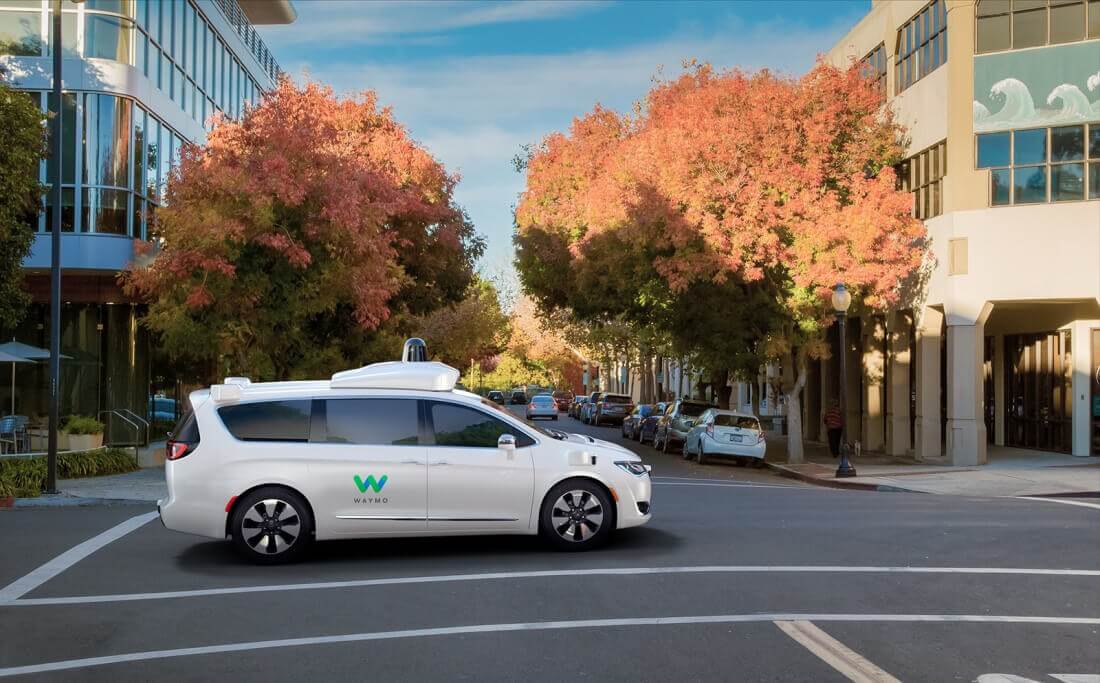Forward-looking: The move toward self-driving cars without human controls being allowed on US roads has taken another step closer. The National Highway Traffic Safety Administration (NHTSA) said that it planned to change the rules that bar autonomous vehicles that lack equipment such as steering wheel, pedals, and mirrors.
Within the guidelines of the 80-page report, called "Automated vehicles 3.0," the NHTSA writes that it "intends to reconsider the necessity and appropriateness of its current safety standards" when it comes to self-driving vehicles.
The NHTSA said the safety requirements currently in place for self-driving cars could "constitute an unintended regulatory barrier to innovation." The agency will seek comment on the proposed changes and consider "the possibility of setting exceptions to certain standards."
Automakers have to meet over 70 automotive safety standards in the US, most of which assume the presence of a human driver. But regulator will no longer make this assumption, especially when it comes to trucks and buses.
The news will no doubt be welcomed by General Motors, which, according to Reuters, filed a petition earlier in the year to allow vehicles without steering wheels or pedals to become part of its ride-sharing service launching in 2019. Waymo plans a similar autonomous service in Arizona this year, though its vehicles will have human controls---even though nobody will be behind the wheels.
The self-driving car industry fell under the spotlight after one of Uber's autonomous vehicles was involved in a crash that killed a woman in Tempe, Arizona. The aftermath of the accident saw several autonomous car projects temporarily halt testing on public roads. But the NHTSA's report does acknowledge that self-driving cars have the potential to reduce accidents and road-related deaths.
